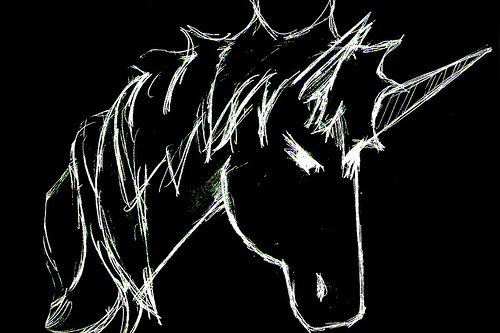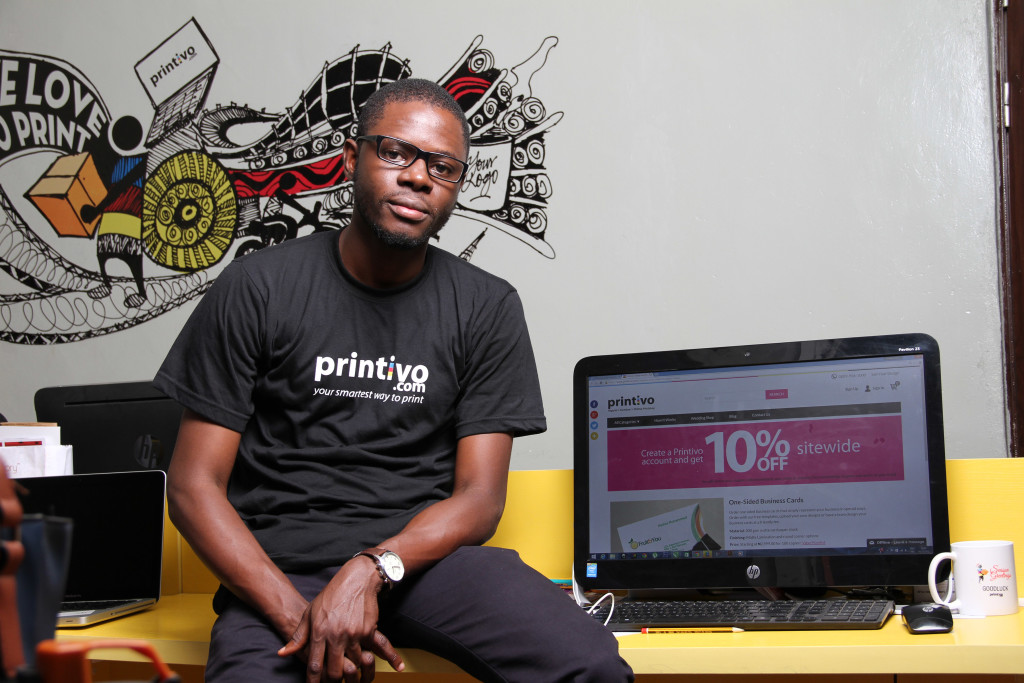Unicorns, defined simply, are emerging companies with valuation equal to, or upwards of $1 billion. It was Aileen Lee of the VC firm, Cowboy Ventures, who first used the term in a 2013 TechCrunch article where she identified 39 of them. So, whereas in the regular universe unicorns are the magical/mythical pure breeds with spiralling horns, in the startup universe, they are startup companies with a ton of investors’ money on their back.
“Unicorns apparently don’t exist, and these companies do,” Aileen wrote in 2013, “but we like the term because to us, it means something extremely rare, and magical.”
In the way the term is freely thrown around, one would be forgiven to think it’s been around since the tech neanderthal days.
Since 2013 when Aileen Lee injected the term into the startup lingo, the ranks of Unicorns have swelled from 39 to 80, around July 2015, and as at October, according to Crunchbase, eclipsed the 100 unicorns mark. There are now more unicorns in the world than communist states.
They seem not so special, not so rare any longer. This, not to take away from the enormity of the problem they’re taking on or how the work has been executed and the process scaled.
The most popular of them is Uber, valued at $51 billion and sweeping the world with the full glory of a being a unicorn or the portent hooves of a Ringwraith (depending on who you are asking). Others include, Airbnb, Snapchat and Whatsapp (acquired by Facebook for 19 billion). You can check a full listing here from Crunchbase.
More and more startups are acquiring the unicorn label. And for the most part, it’s simply as a result of investors’ fear of missing out.
Investors are willing to bet on startups at incredible valuations so they don’t miss out on possible unicorns. The availability of unicorns creates its own demand. More unicorns with unconventional business models, breed more investors interested in spending on early stage startups even when some of these ideas don’t have a clear path to profitability. That’s because every investor wants to be part of a high ROI portfolio, and that’s what unicorns promise.
Apportioning a billion dollar value is a bit arbitrary, and rightly so. The real value of a lot of unicorns has not been tested. Such will not happen until a liquidity event: exit, or IPO. And sometimes, those valuations don’t translate into billion dollar exits. The fashion retail e-commerce business, Fab, is an example of that.
In Africa, we don’t see unicorns. There are success stories, but not unicorn scale success stories. At least investors are yet to validate that. Perhaps if mPesa had been a startup, it would be a billion dollar one.
Eric Hersman and the team working on Ushahidi, BRCK and very recently, the BRCK Kio are also creating solutions that are worth these huge valuations, but investor interest is not matured enough in Africa to warrant a $1 billion valuation (even though I’m willing to bet valuation on BRCK will be close to a billion dollars). At the time of this writing, the company with the highest valuation I am aware of in Africa is Jumia, valued at around $ 550 million (half a billion). It’s on its way there.
But it’s significant that investors’ confidence in Africa will take a while to allow them give an African startup a $1 billion valuation. This regardless, Africa has the right to its unicorns.
Of course, we could always agree on a special, reduced valuation for African unicorns. We could even go farther and call them Hippos (those are African and getting rare these days as well). However, the definition of unicorn (or Hippos) needs to shift beyond money and into the range of dent a startup makes in its vertical. The Silicon Valley reality distortion ray has convinced us that all ideas have to be disruptive – disrupt legacy models – to be a unicorn. In Africa however, most of the celebrated ideas are simply ones that have augmented, extended and transformed the way we conduct day to day transactions. Transformative tech, not disruptive.
Jumia, Konga, Hotels.ng, BRCK, iROKOtv, Jovago, Paga, Printivo, Wezatele, Jobberman, BudgIt and a couple of others which have augmented our reality and gotten investors’ confidence have the right to be called unicorns. Notwithstanding, they are a ways off from the a billion dollar valuation. The “unicorness” of an African startup should simply be tied to the extent of their impact and the confidence investors have shown in funding them from time to time.
The label itself is not as important, as much as doing the work. That is what my African startups have been known to do, and on the long run, it’s what truly matters.
Photo Credit: TheAlieness GiselaGiardino²³ via Compfight cc





















